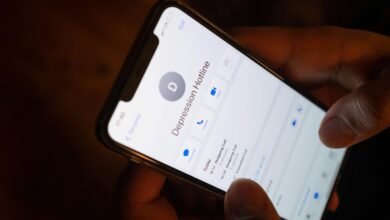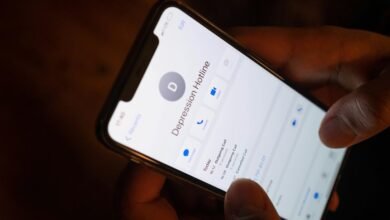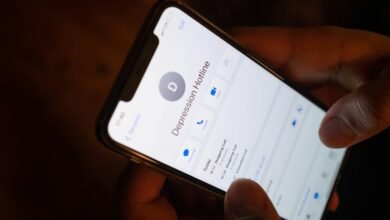Jeanetteellison5: Exploring Digital Personas

Jeanetteellison5 exemplifies the complexities of digital persona creation in today's interconnected society. Her online presence reflects a nuanced blend of self-expression and the pursuit of authenticity. This raises questions about the motivations driving individuals to craft these identities and the implications they have on real-world interactions. As the line between virtual and physical selves blurs, one must consider the evolving nature of self-representation and its impact on meaningful relationships. What lies beneath this digital facade?
The Evolution of Digital Identities
As the digital landscape has transformed over the past few decades, so too have the identities individuals create and maintain online.
Digital footprints now reflect a tapestry of curated experiences, while the quest for virtual authenticity drives users to project carefully crafted personas.
This evolution challenges societal norms and invites exploration of how personal freedom is expressed in an interconnected world, redefining self-representation.
Motivations Behind Creating Online Personas
While individuals may engage with their digital personas for various reasons, the underlying motivations often reflect deeper psychological and social needs.
Many utilize these online identities as self-expression outlets, exploring facets of their personalities that may be suppressed in real life.
Additionally, the anonymity benefits provide a sense of liberation, allowing individuals to connect and communicate without the constraints of societal expectations.
The Impact of Virtual Existence on Real-Life Interactions
How does a person's virtual existence reshape their real-life interactions?
Virtual relationships often enhance social skills by providing a safe space for communication, enabling individuals to explore their identities.
However, reliance on digital platforms can hinder authentic connections, leading to superficial engagements.
Consequently, the balance between online personas and genuine interactions becomes crucial in fostering meaningful relationships in an increasingly digital world.
Conclusion
In conclusion, Jeanetteellison5's exploration of digital personas underscores the complex interplay between online identities and real-world interactions. As individuals increasingly curate their virtual selves, a striking 70% of internet users report feeling more authentic online than offline, revealing a paradox in self-representation. This phenomenon highlights the transformative power of digital platforms in shaping personal narratives, emphasizing the need for a nuanced understanding of authenticity and connection in an era where the lines between virtual and physical realities continue to blur.





